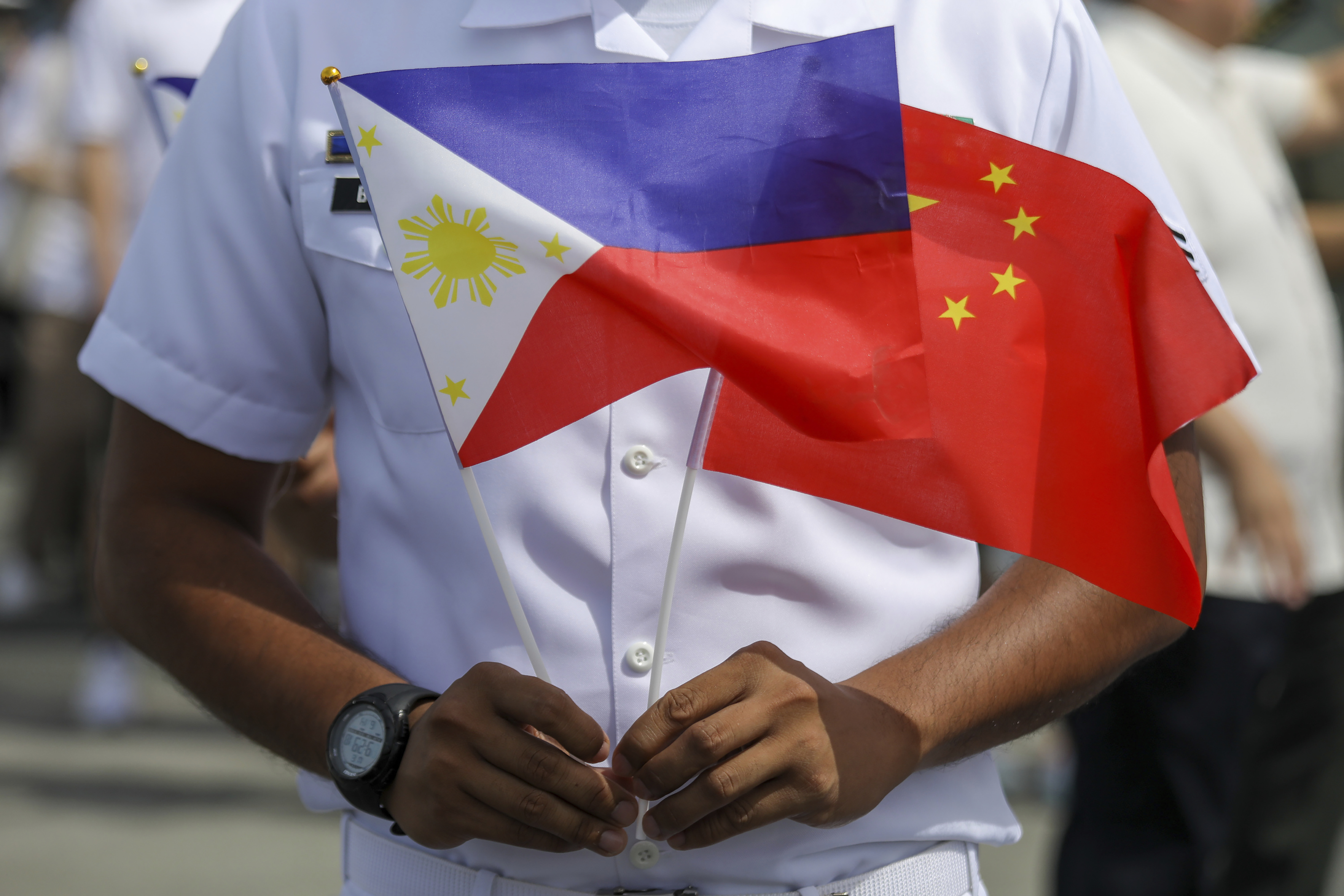UK and Germany Forge New Defense Alliance, First Since WWII

In a move signaling a significant shift in European security dynamics, the United Kingdom and Germany have signed the "Kensington Treaty," the first bilateral defense pact between the two nations since World War II. Signed in London on July 17, 2025, by UK Prime Minister Keir Starmer and German Chancellor Friedrich Merz, the treaty commits both countries to mutual assistance, including military support, in the event of an armed attack. The agreement arrives amidst heightened concerns about European security, spurred by the ongoing conflict in Ukraine and questions surrounding the United States' commitment to NATO under President Donald Trump.
Key Provisions of the Kensington Treaty

The Kensington Treaty builds upon the foundation laid by the Trinity House Agreement on Defense cooperation signed in October 2024. Beyond the mutual assistance pledge, the treaty encompasses several key areas of cooperation. German defense startup Stark, a drone manufacturer actively supplying Ukraine, will establish a production facility in England. The two countries also plan to jointly manufacture defense exports, including Boxer armored vehicles and Typhoon jets. Ambitiously, the UK and Germany aim to collaboratively develop a deep precision strike missile with a range exceeding 2,000 kilometers within the next decade.
Beyond Defense: Broader Cooperation

The treaty extends beyond military matters, addressing cooperation on combating irregular migration. Germany has committed to criminalizing the facilitation of migrant smuggling to the UK by the end of 2025. Further cooperation is planned in the areas of trade, transport, and cultural exchanges, including simplified visa procedures for school exchanges and expedited e-gate access for British travelers in Germany.
Moscow's Response: Warnings of Potential Strikes

The signing of the Kensington Treaty has elicited strong reactions from Russia. On July 18, 2025, Russian Foreign Ministry spokeswoman Maria Zakharova reiterated previous warnings that Russia may be compelled to strike targets in Western Europe if Ukraine receives long-range weapons. This statement directly links the new defense pact and discussions of increased military aid to Ukraine with potential escalation.
Historical Context and Underlying Motivations

The Kensington Treaty emerges against a backdrop of increasing geopolitical uncertainty. Russia's ongoing war in Ukraine has underscored the need for stronger European defense capabilities. Simultaneously, perceived wavering support for NATO from the United States under President Trump has prompted European nations to seek greater autonomy in security matters. The treaty aims to strengthen the "E3" (UK, France, and Germany) as a central pillar of European security.
Key Stakeholders and Their Objectives

Several key stakeholders are directly impacted by this agreement: The United Kingdom, under Prime Minister Keir Starmer, seeks to solidify post-Brexit relationships with European partners and bolster its defense capabilities. Germany, led by Chancellor Friedrich Merz, aims to strengthen its defense posture and assume a more proactive role in European security, particularly in light of the conflict in Ukraine. NATO remains the primary security alliance for both countries. The treaty is intended to reinforce bilateral security guarantees within the NATO framework. Russia views increased defense cooperation among European nations as a potential threat, especially the provision of long-range weapons to Ukraine. Ukraine stands to benefit from the enhanced defense cooperation, as both the UK and Germany are major supporters and plan to increase military aid and defense industrial collaboration. The United States' evolving stance on NATO is a significant factor driving European nations to strengthen their own defense ties. Defense industries, including companies like Stark, and manufacturers of Boxer armored vehicles and Typhoon jets, are poised to benefit from joint production and export initiatives.
Statements from Leaders

UK Prime Minister Keir Starmer hailed the treaty as a "historic document which really measures just how close our countries are and our ambition for the future." German Chancellor Friedrich Merz expressed surprise that such an agreement had not been established sooner, stating, "We had you in the European Union and we thought that was enough, but we are now learning that it's not enough so we have to do more on that." A senior German official emphasized that the deal should be seen as a reinforcement of bilateral security guarantees amid ongoing geopolitical instability, not an alternative to NATO's Article 5. Both Germany and the U.K. have pledged to increase their defense spending to 3.5% of GDP in the coming years.
Potential Controversies and Public Reaction

While the Kensington Treaty represents a significant step forward, certain controversies and public reactions have emerged. Questions remain regarding the practical implications of the mutual assistance clause, given the existing NATO commitments. The extent of Germany's long-term financial and political commitment is also subject to scrutiny, especially considering some public skepticism in Germany regarding increased defense spending and the new government's policies. Chancellor Merz faces lukewarm public support in Germany, with recent polls indicating dissatisfaction with the new government's performance since taking office in May. Approximately 32% of eligible voters believe that Germany has worsened since the new government assumed power.